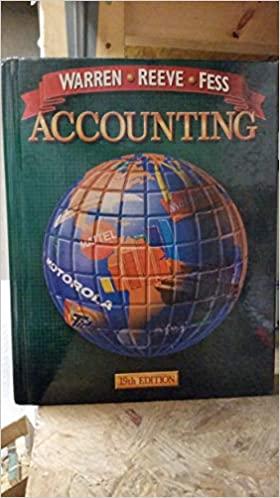Question
QUESTION 1 Country A defines residency for the purpose of individual income tax based on the duration of presence in the country. Any person who
QUESTION 1
Country A defines residency for the purpose of individual income tax based on the duration of presence in the country. Any person who is physically present in the country for 365 continuous days will be treated as a resident for tax purposes. Country B defines residency based on common law concepts, it uses the ordinary meaning of the word reside to determine who will be a resident for income tax purposes. Fred Jones normally lives in Country B. His wife and children live there with him, and while he doesnt own his own house, he has a long term lease on a four bedroom home in a modest suburb of the capital city. In January, Fred is transferred by his employer to Country A for a period of one year. His wife and children do not go with him to Country A, and since property prices in Country A are so low, Fred buys a small house to live in while he is there. Both Country A and Country B tax their residents on world wide income. In which country will Fred be a resident for tax purposes? If both, what are the tax consequences? How would the OECD Model convention decide the issue?
Step by Step Solution
There are 3 Steps involved in it
Step: 1

Get Instant Access to Expert-Tailored Solutions
See step-by-step solutions with expert insights and AI powered tools for academic success
Step: 2

Step: 3

Ace Your Homework with AI
Get the answers you need in no time with our AI-driven, step-by-step assistance
Get Started


